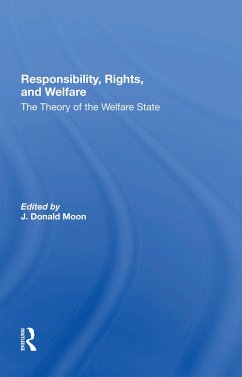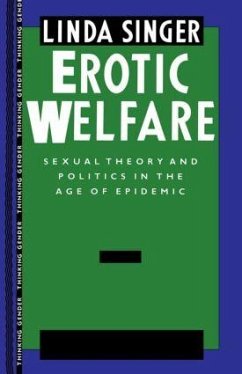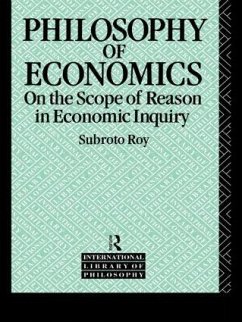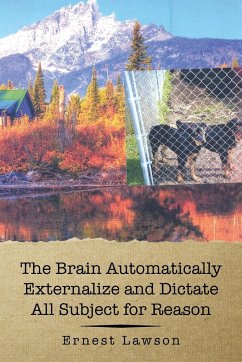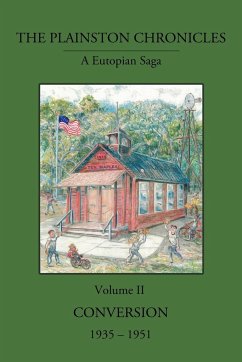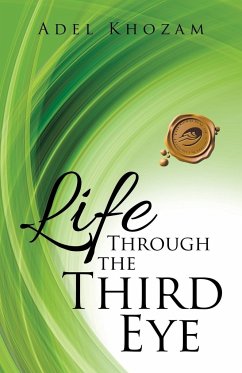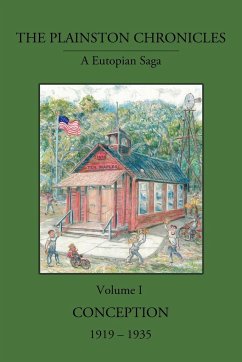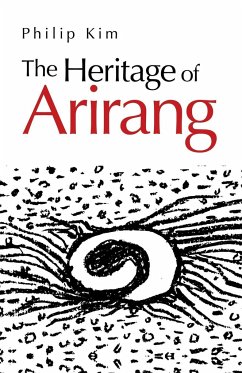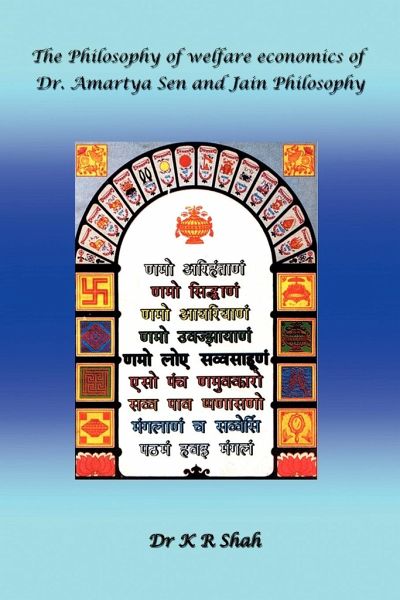
The Philosophy of Welfare Economics of Dr.Amartya Sen and Jain Philosophy
Versandkostenfrei!
Versandfertig in 1-2 Wochen
22,99 €
inkl. MwSt.

PAYBACK Punkte
11 °P sammeln!
The subject of discussion in this book is the philosophy of welfare Economics. The collective choice and the subjects of freedom through development are discussed in welfare economics. Inequality is to be reduced and basal equality has to be evolved to aid human welfare. The entitlement approach is the only solution for poverty and famine. All four subjects are woven in philosophical thought by Dr.Amartya Sen for the wellbeing of people. The book is a humble attempt at dealing with the subject of human welfare through religion. Killing is rampant in one or another form. The mantra of non-viole...
The subject of discussion in this book is the philosophy of welfare Economics. The collective choice and the subjects of freedom through development are discussed in welfare economics. Inequality is to be reduced and basal equality has to be evolved to aid human welfare. The entitlement approach is the only solution for poverty and famine. All four subjects are woven in philosophical thought by Dr.Amartya Sen for the wellbeing of people. The book is a humble attempt at dealing with the subject of human welfare through religion. Killing is rampant in one or another form. The mantra of non-violence is the most valuable message to the world. The concept of non-killing is brought to light with the ancient agamic text of ACHARANG SUTRA. The view of Mahatma Gandhi on Ahimsa (non-violence) is compared with the Jain religious principle in modern context. It is important to be tolerant and to be able to understand other's view points in the present situation. This is possible through Anakantvada of Jain religion. The non-possessiveness of materialistic items and wealth are important issues discussed in the book. The Karma (deeds) are an important factor in one's life. Karma is solely responsible for the uplift or downfall of the human soul. Jain religion works for the wellbeing of the human soul.



